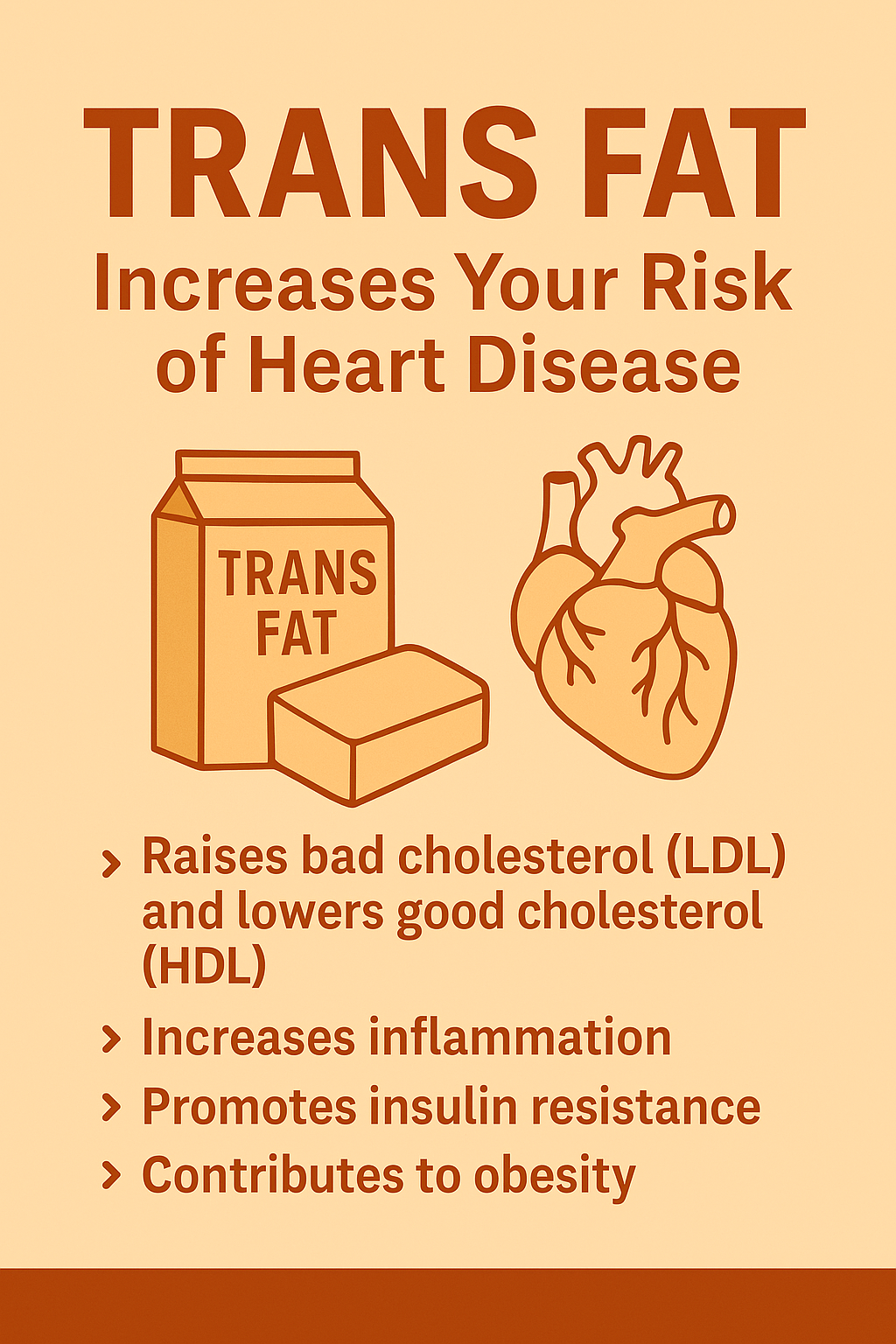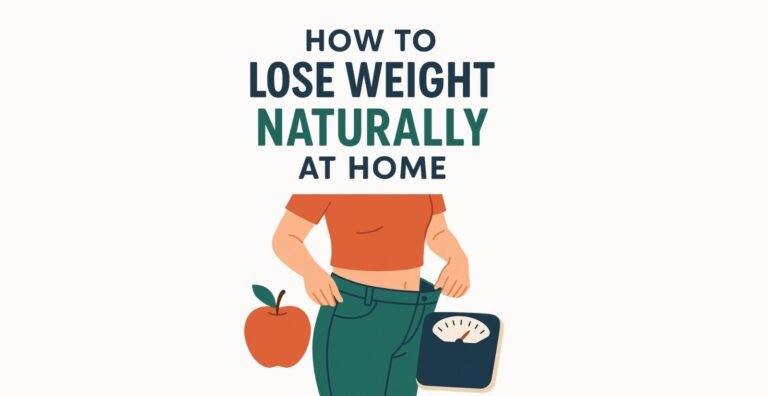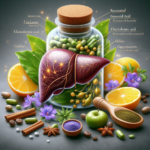Top Health & Wellness Product Reviews with Exclusive Sale Prices!
How Trans Fat Increases Your Risk of Heart Disease

Heart disease is one of the leading causes of death worldwide, and trans fat plays a significant role in increasing the risk. Found in processed foods, baked goods, and fried items, trans fat negatively impacts cholesterol levels, promotes inflammation, and contributes to arterial blockages. Understanding how trans fat affects heart health can help you make informed dietary choices and protect your cardiovascular system.
What Is Trans Fat?
rans fat, also known as trans fatty acids, comes in two forms:
- Naturally occurring trans fat – Found in small amounts in dairy and meat products.
- Artificial trans fat – Created through hydrogenation, a process that turns liquid vegetable oils into solid fats to improve shelf life and texture.
Artificial trans fat is commonly found in margarine, fast food, packaged snacks, and frozen meals. While it enhances food texture, its impact on health is severe.
How Trans Fat Affects Heart Healt
1. Raises Bad Cholesterol (LDL) and Lowers Good Cholesterol (HDL)
Trans fat increases low-density lipoprotein (LDL), or “bad cholesterol,” while lowering high-density lipoprotein (HDL), or “good cholesterol.” High LDL levels contribute to plaque buildup in arteries, leading to atherosclerosis, a condition that restricts blood flow and increases the risk of heart attacks and strokes.
2. Increases Inflammation
Chronic inflammation is a major contributor to heart disease. Studies show that trans fat triggers inflammatory responses, leading to damage in blood vessels and increasing the likelihood of cardiovascular complications.
3. Promotes Insulin Resistance
Trans fat has been linked to insulin resistance, a precursor to type 2 diabetes. Since diabetes significantly increases the risk of heart disease, consuming trans fat can indirectly contribute to cardiovascular problems.
4. Contributes to Obesity
Foods high in trans fat are often calorie-dense and nutritionally poor, leading to weight gain and obesity. Excess weight puts additional strain on the heart, increasing the risk of hypertension and other cardiovascular conditions.
Global Efforts to Reduce Trans Fat Consumptio
Recognizing the dangers of trans fat, many countries have taken steps to ban or limit its use in food products. The World Health Organization (WHO) has urged governments to eliminate industrially produced trans fat from the global food supply. In countries like Canada, Denmark, and the United States, regulations have significantly reduced trans fat consumption, leading to improved public health outcomes.
How to Avoid Trans Fat in Your Diet
To protect your heart, consider these strategies:
✅ Read Nutrition Labels – Look for “partially hydrogenated oils” in ingredient lists and avoid products containing them.
✅ Choose Healthy Fats – Opt for monounsaturated and polyunsaturated fats found in olive oil, nuts, and avocados.
✅ Cook at Home – Preparing meals at home allows you to control ingredients and avoid processed foods.
✅ Limit Fast Food – Many fast-food items contain hidden trans fat, so opt for healthier alternatives.
Conclusion
Trans fat is a silent threat to heart health, increasing cholesterol levels, inflammation, and the risk of cardiovascular disease. While global efforts have reduced its presence in food, it’s still essential to be mindful of dietary choices. By avoiding trans fat and prioritizing heart-healthy foods, you can significantly lower your risk of heart disease and improve overall well-being.







